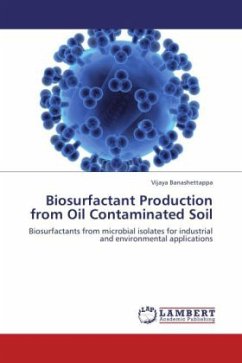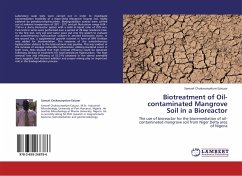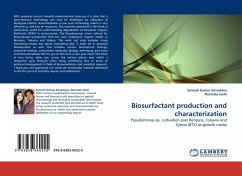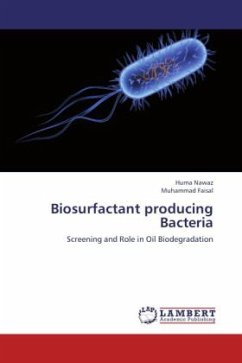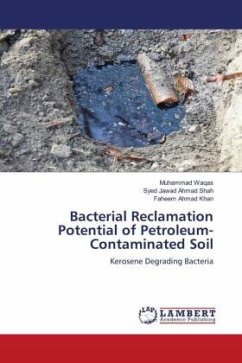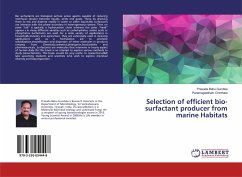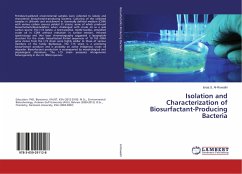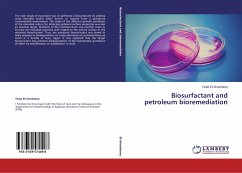Biosurfactants in the recent past have become an important product of biotechnology for industrial and medical applications. The aim was to isolate biosurfactant producing organism from oil spilled soil sample. Six soil samples were collected in and around Bangalore.The microorganisms were isolated and screened for efficient biosurfactant producers and different physico-chemical tests for characterization of biosurfactants were done. Pseudomonas aeruginosa PAVIJ and Bacillus subtilis BSVIJ were producing maximum biosurfactants when grown on four different carbon sources namely palm, castrol, coconut and honge oils of different concentrations.The HPLC studies confirmed and quantified the different types of rhamnolipids Rha-Rha-C10-C10 and Rha-C10-C10 produced from Pseudomonas and Bacillus produced surfactin which were confirmed through standards. The study concludes that palm oil and castrol oil at 2% concentration seems to be the best carbon source for biosurfactant production and the two organisms isolated; Pseudomonas PAVIJ and Bacillus BSVIJ are very much potent to produce rhamnolipid and surfactin biosurfactants which are antioxidant and antimicrobial in nature.
Bitte wählen Sie Ihr Anliegen aus.
Rechnungen
Retourenschein anfordern
Bestellstatus
Storno

